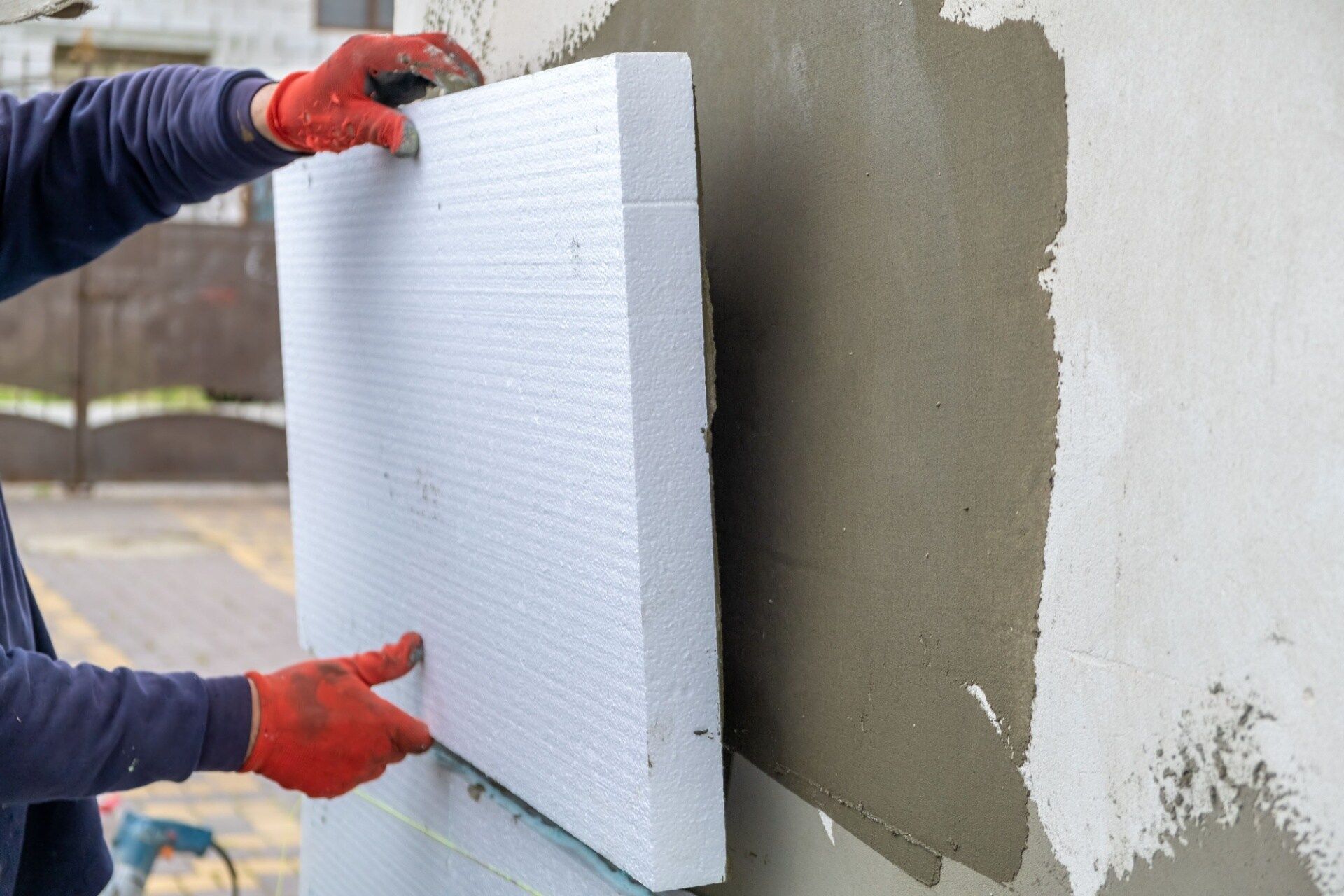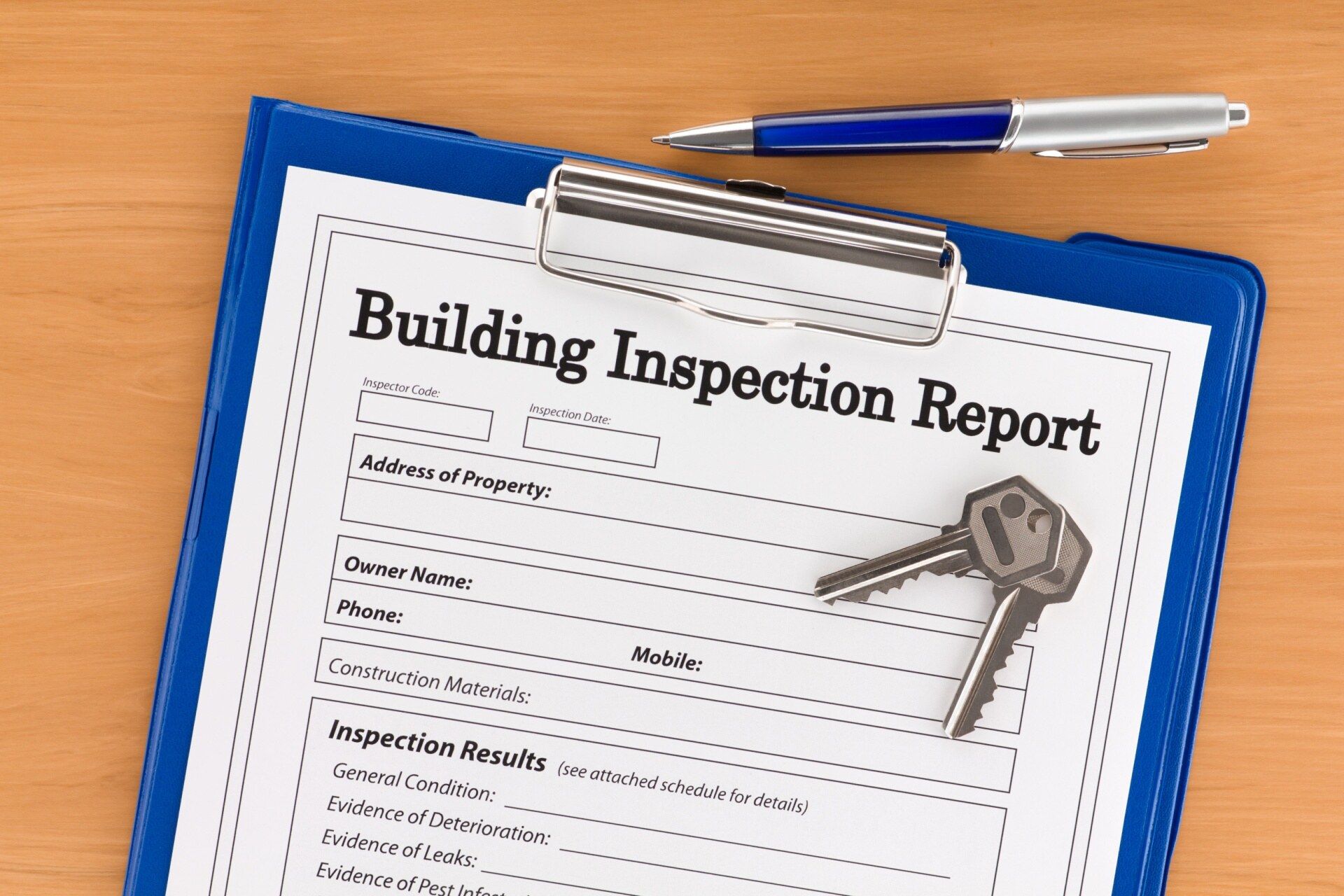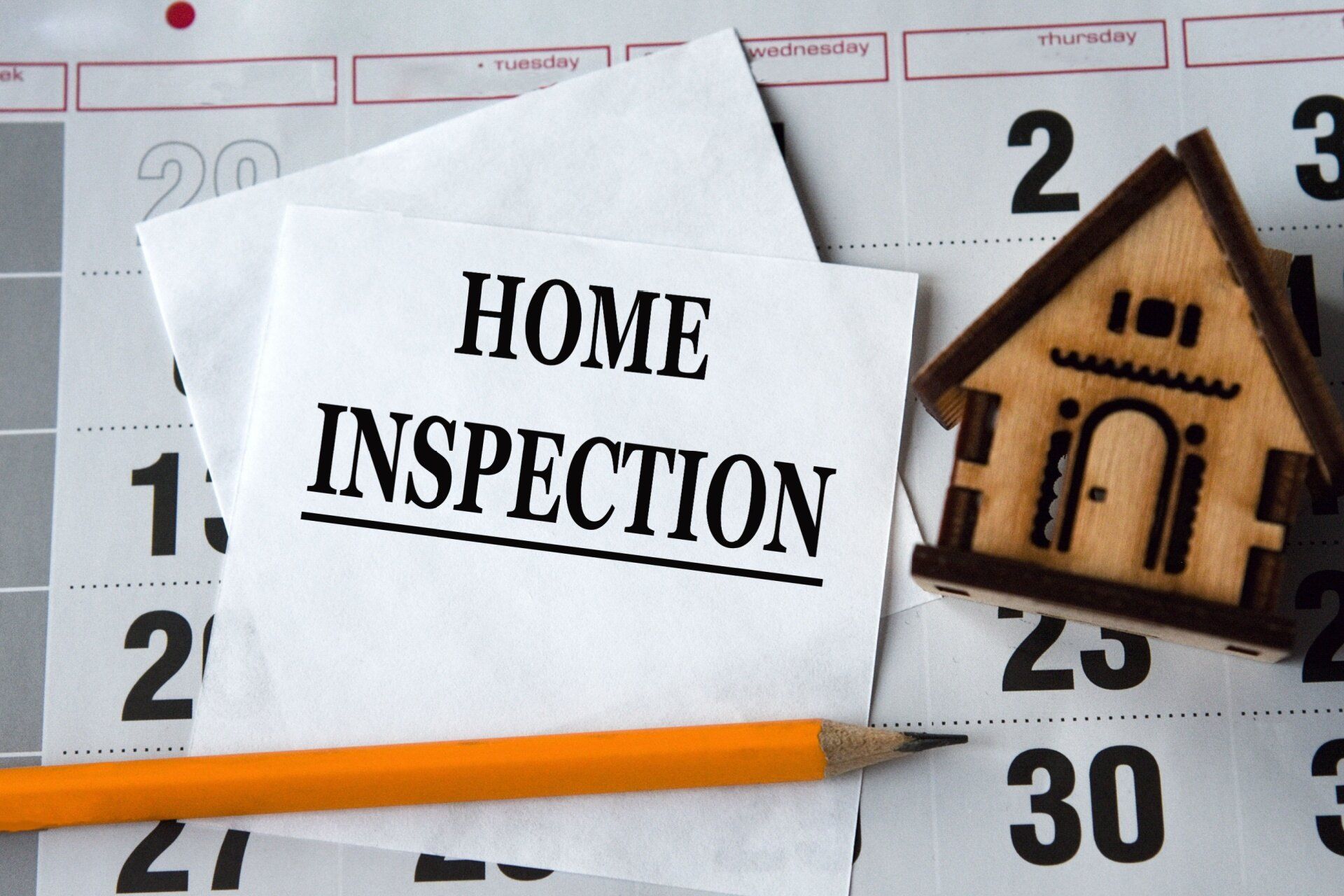What’s In Your Water?
Water is a huge part of our daily lives, which is why it’s important to know what’s flowing through your taps. In the United States, each household on average uses roughly 300 gallons of water daily. With consumption levels so high, it’s necessary to ensure that your home’s water is free of contaminants such as lead, iron, magnesium, arsenic, nitrates, and bacteria.
Contaminants find their way into water from old pipes, agriculture, industrial, and other sources. These contaminants are often colorless, odorless, and tasteless, making them hard to identify. The EPA does not regulate private drinking water wells. Many states and towns do not require sampling of private wells after installation. It is the responsibility of the homeowner to maintain the safety of their water. When buying a home supplied by city water, local authorities will test at public water facilities, but they don’t test what’s coming out of your faucet. In total, the EPA sets standards for more than 90 contaminants in drinking water. These 90 contaminants fall into one of two categories depending on the type of health effects it can cause – Acute and Chronic.
Acute effects occur within hours or days of consumption. Microbes such as bacteria and viruses carry the greatest chance of causing these health effects. Most people’s bodies are able to fight off microbial contaminants like they fight off germs, so acute contaminants typically don’t have lasting effects. However, if consumed in high levels they can be dangerous, especially for children and people with compromised immune systems. Chronic effects occur after people consume contaminants at levels over the EPA safety standards for extended periods of time. These contaminants include chemicals, radium, and arsenic and can result in health risks including cancer, liver issues, kidney problems, or reproductive difficulties.
Water testing can do more than determine whether your water is safe — it can also help you identify common problems that may be harmless, but still affect the taste and quality of your water. This can include water hardness, pH levels, and sulphur levels. Determining what type of water you have will make it easier to determine the type of filter and water filtration system that will best fit your needs and improve the quality of your water.
How Can ProTec Help?
ProTec Inspection Services partners with an award-winning science and health services company to provide the most useful, efficient, and affordable water testing services available in the United States. Our partnership allows us to provide unbiased treatment matching and health risk analysis to ensure that our clients don’t waste money on treatments they don’t need. At ProTec we offer package options for both well and city water testing that can help you understand what’s in your water.
Disclaimer: The information on this website and blog is for general informational purposes only and is not professional advice. We make no guarantees of accuracy or completeness. We disclaim all liability for errors, omissions, or reliance on this content. Always consult a qualified professional for specific guidance.





